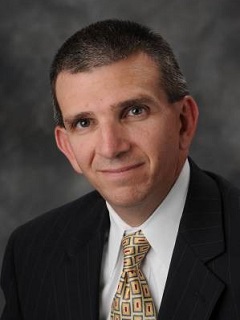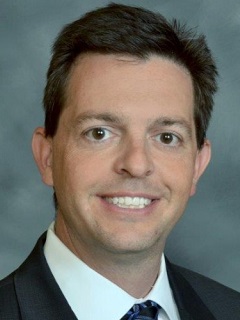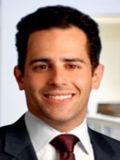Listen now
0:00
00:00
Podcast overview
This special edition of Talking Asset Management with KPMG focuses on credit lending basics and features perspectives on a variety of topics from leaders in our national Credit Tax practice.
Credit fund episodes
US Trade or Business
featuring Pat Brooks, Sam Riesenberg, Scott Woods
Issues with Credit Lending
featuring Scott Woods, Cam Hall
Taxation of Interest Income
featuring Scott Woods, Paul Kunkel
Significant Modifications
featuring Pat Brooks, Ashley Hall, Paul Kunkel
Management Company Issues
featuring Pat Brooks, Scott Woods, Datus Tomasovich
Counting to Five
featuring Pat Brooks, Sam Riesenberg
Trading Safe Harbor and Origination
featuring Pat Brooks, Sam Riesenberg
Withholding Issues
featuring Sam Riesenberg, Paul Kunkel
Portfolio Interest Registered Form
featuring Sam Riesenberg, Paul Kunkel
Basic Structuring
featuring Pat Brooks, Sam Riesenberg, Scott Woods
Meet our podcast team

Patrick Brooks
Partner, Tax, BTS - Asset Management, KPMG US

Scott Woods
Partner, Tax, BTS - Asset Management, KPMG US

Sam Riesenberg
Principal, International Tax, Washington National Tax, KPMG U.S. Tax Services (London) LLP
Discover more podcast episodes in this series
Return to Talking Asset Management

